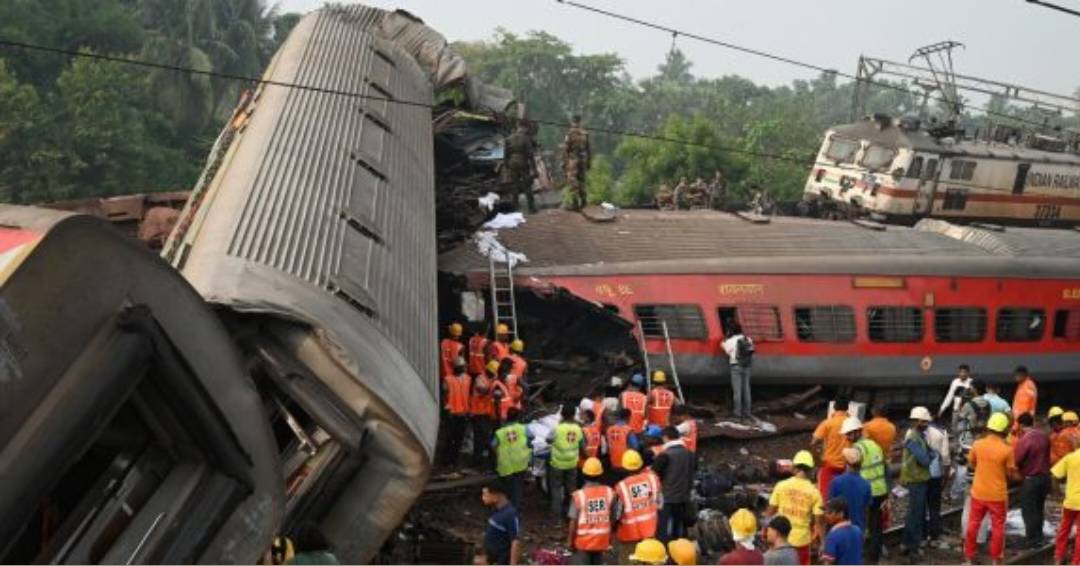
Following the tragic train crash in Odisha, the investigation led by the Commissioner of Railway Safety, A M Chowdhary, has delved into the details of the incident. As part of the high-level probe, experts from various fields, including engineering, signaling, and operations, have been called upon to analyze the factors that contributed to the collision. The Ministry of Civil Aviation is closely monitoring the investigation, emphasizing the importance of comprehensive findings to prevent similar accidents in the future.
Preliminary reports suggest that a signaling failure may have played a significant role in the tragic incident. The absence of the anti-train collision system, “Kavach,” on the affected route has raised concerns about the overall safety measures in place. Railway officials have acknowledged the need for the swift implementation of Kavach across the entire railway network to enhance the safety of train operations.
Meanwhile, rescue operations have concluded, and the focus has shifted to the restoration work to bring the affected railway lines back into operation. Maintenance crews, along with engineers and technicians, are working tirelessly to repair the damaged tracks, replace any broken signaling equipment, and ensure the safe resumption of train services.
In the aftermath of the crash, the Railways has taken proactive measures to reassess and strengthen safety protocols. In addition to the ongoing installation of the Kavach system, training programs and workshops are being conducted to enhance the skills and awareness of railway staff regarding signal recognition, adherence to safety protocols, and effective communication between control centers and train operators.
Passenger safety remains paramount for the Railways, and steps are being taken to address any shortcomings in the existing infrastructure and operational practices. The authorities are considering the deployment of advanced technologies, such as automated signaling systems and real-time monitoring systems, to further mitigate the risk of accidents caused by human error or technical failures.
The tragic incident in Odisha serves as a stark reminder of the importance of continuous improvement and vigilance in the railway industry. The Railways, in collaboration with relevant stakeholders and safety experts, is committed to implementing comprehensive measures to prevent future accidents, ensuring a safer and more reliable rail transportation system for passengers across the country.

Post Your Comments